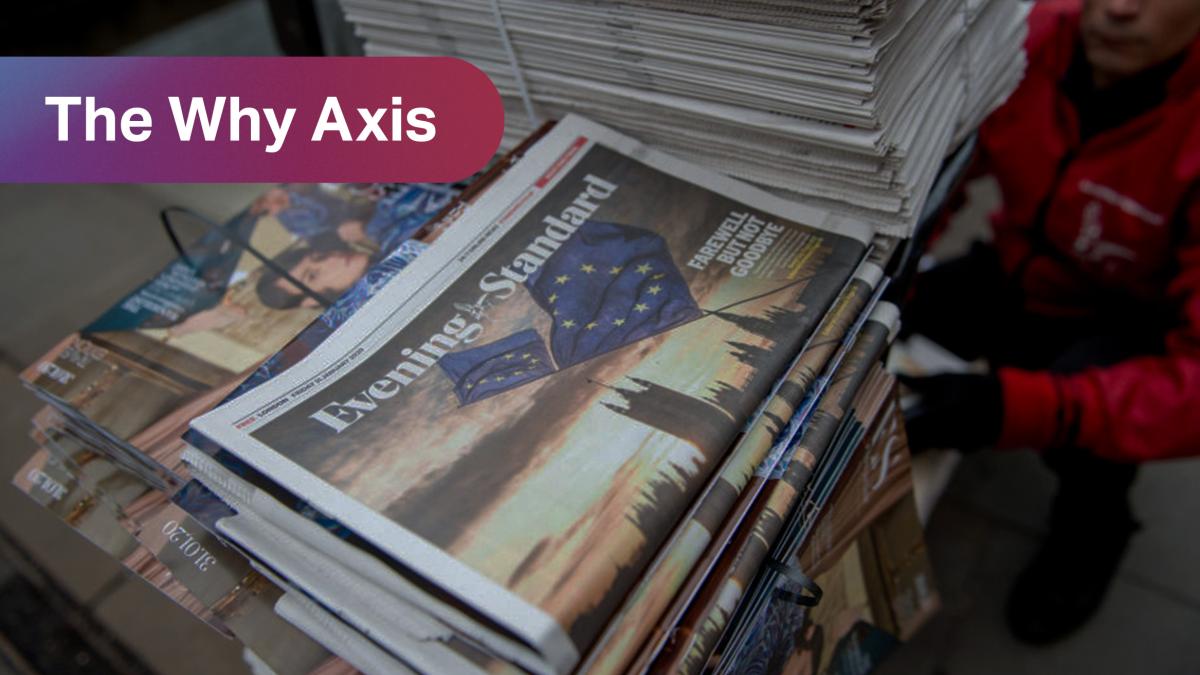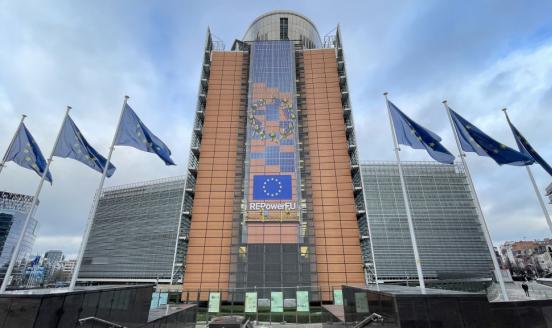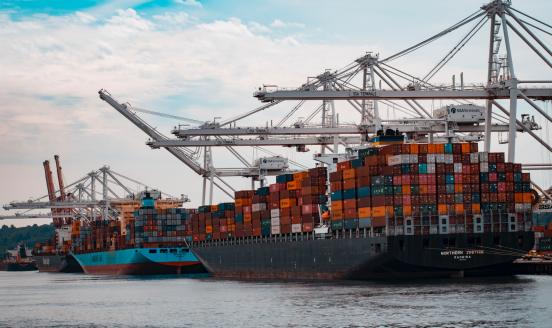Why should the European Union reboot the debate on financing the EU budget?


The debate on financing the European Union budget is never ending. Despite the need for new resources to meet increasing spending demands, not least repayment of debt incurred as part of the EU’s post-pandemic economic recovery package (NextGenerationEU), there is only slow progress towards agreement on a package of new own resources.
Limited progress so far has led to the introduction of a levy paid by EU members depending on plastic bag packaging waste generated in their territory and not recycled. Meanwhile, the European Commission has proposed resources for the EU budget from emission trading revenues and from levies collected under the EU Carbon Border Adjustment Mechanism (CBAM). These proposals are pragmatic and move in the right direction. They would increase the share of ‘genuine’ own resources compared to statistical aggregates (the VAT resource and the gross national income resource). However, they are missing the opportunity to build further common tax policies in Europe.
Tax is at the core of a country’s sovereignty. It is no surprise that unanimity, the decision-making rule in the EU, has hindered progress towards common tax policies, not to mention harmonisation. However, recent international progress at the global level has allowed the EU to adopt a series of common tax rules over the past decade. Most recently, a global minimum corporate income tax of 15% has been adopted and is being implemented by EU members as an attempt to protect their tax base from ‘tax leakage’, wherein profits are shifted from high-tax to low-tax EU countries and from there onto no or nominal-tax non-EU jurisdictions. This expected additional resource should have become a new own resource for the EU budget. In the same vein, focusing on protecting revenues of EU members from tax external corporate income tax as well as personal income tax competition by common tax borders could offer scope for new ‘genuine’ tax borders.
Find out more about the EU's budget by reading Pascal Saint-Amans' latest Policy brief 'Broader border taxes: a new option for European Union budget resources'.
The Why Axis is a weekly newsletter distributed by Bruegel, bringing you the latest research on European economic policy.


